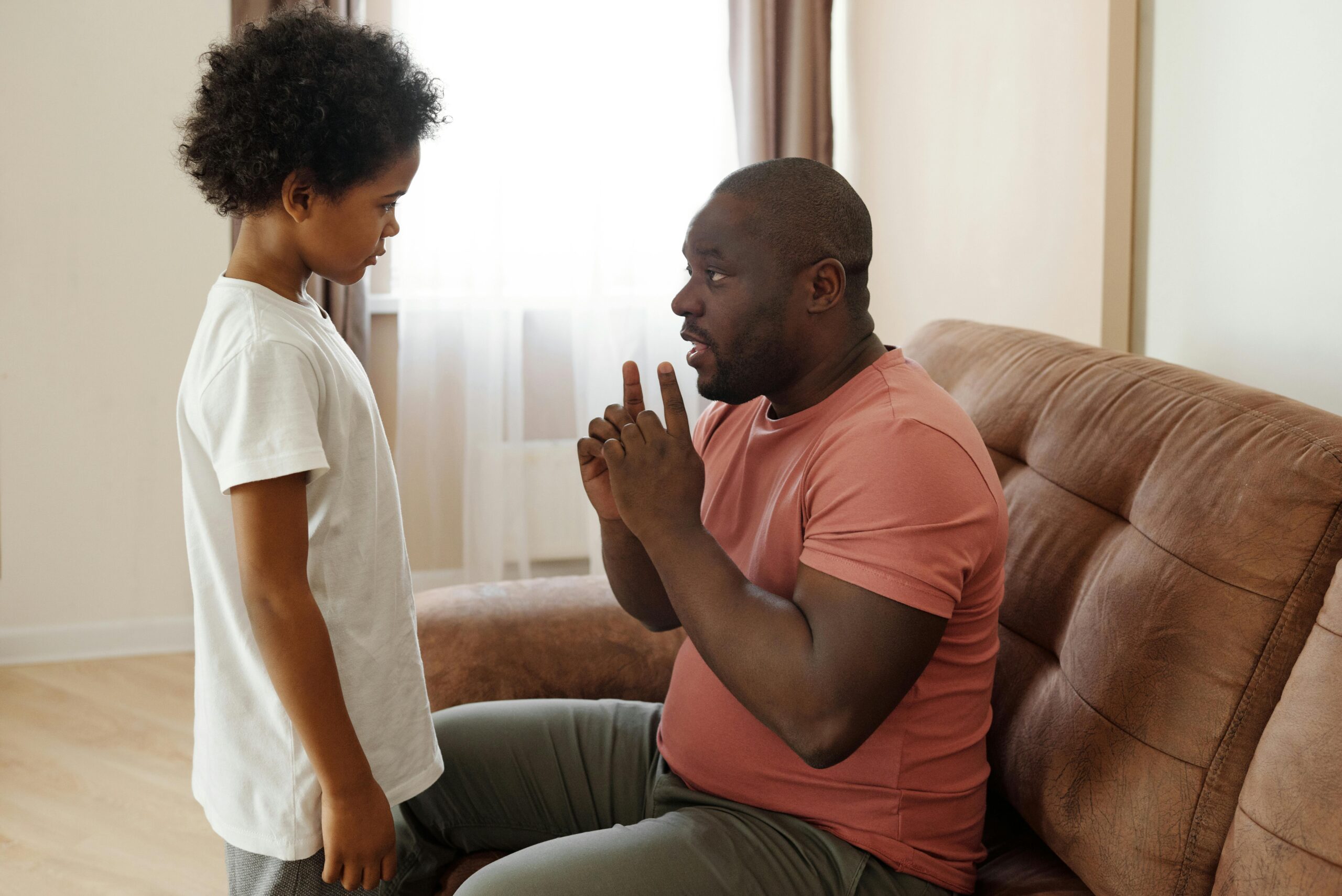In the realm of parenting, vigilance extends far beyond the surface of daily routines and playful banter. Sometimes, it involves tuning into the subtleties of a child’s body language, especially when there may be deeper, more distressing issues at play. One such sensitive topic is the observation of body language in children who have experienced sexual abuse.
The silent language of a child’s gestures, expressions, and demeanor can often speak louder than words. As parents, caregivers, or guardians, being attuned to these cues becomes crucial for providing support and initiating the healing process.
1. The Power of Observation:
In a world where communication barriers can arise, paying attention to non-verbal cues becomes paramount. A child who has undergone trauma might struggle to articulate their experiences verbally, but their body language can serve as a silent plea for understanding.
2. Signs of Distress:
Parents should be mindful of sudden changes in behavior, such as withdrawal, aggression, or unexplained fear. A child who has been sexually abused might exhibit these signs through their body language, conveying discomfort and anxiety.
3. Open Communication:
Creating a safe space for open communication is crucial. When parents notice shifts in their child’s body language, gentle conversations that prioritize empathy and understanding can encourage the child to share their feelings, fostering a sense of trust.
4. Seeking Professional Help:
While parents play a pivotal role in supporting their children, it’s essential to recognize when professional intervention is needed. Child psychologists, therapists, or counselors are trained to navigate the complexities of trauma and can provide the necessary tools for healing.
5. Fostering Resilience:
The journey toward recovery is not linear, but with consistent love, patience, and professional guidance, children can build resilience. Parents, armed with an understanding of their child’s body language, can contribute significantly to this process.
In conclusion, being attuned to a child’s body language is an unspoken yet powerful tool in the arsenal of parenting. It opens a gateway to understanding their experiences and emotions, especially when dealing with sensitive issues like sexual abuse. By cultivating a culture of empathy, open communication, and seeking professional support when needed, parents can play a vital role in their child’s healing journey.


